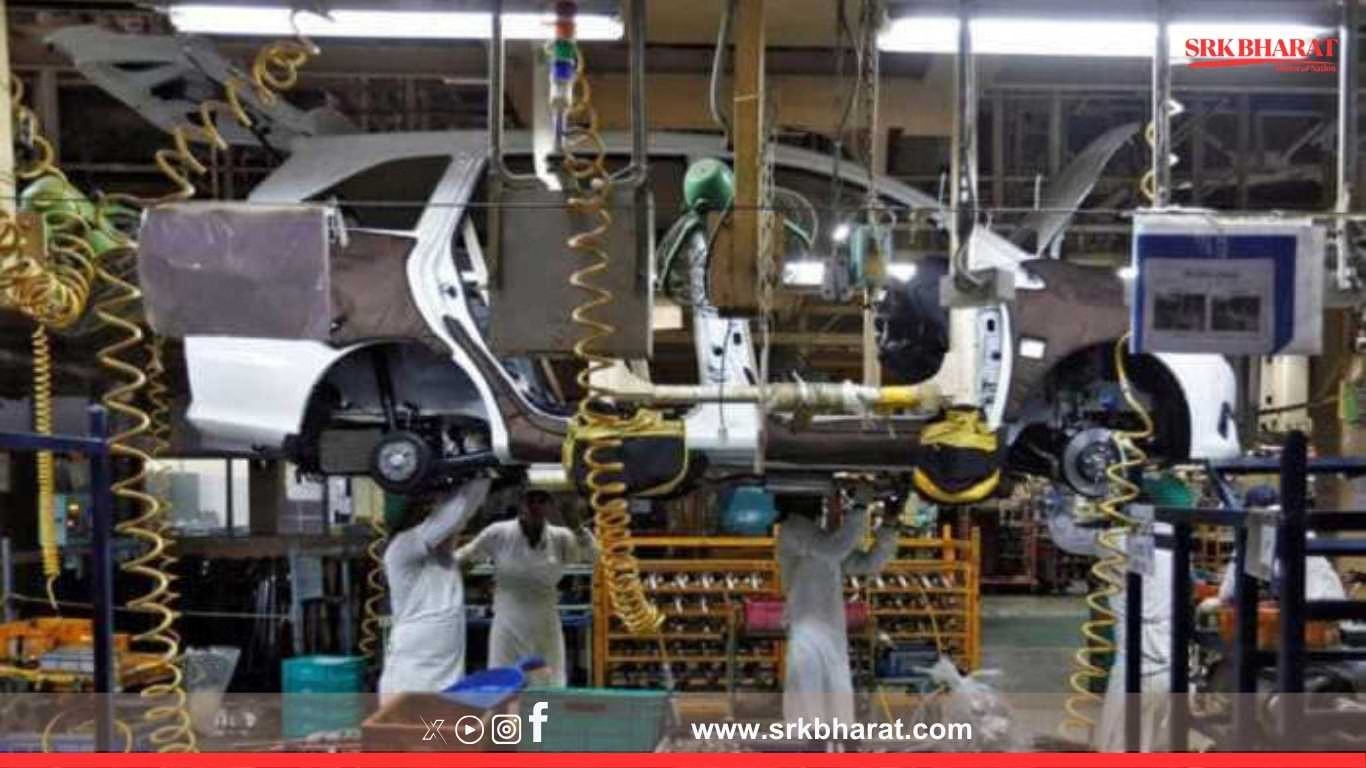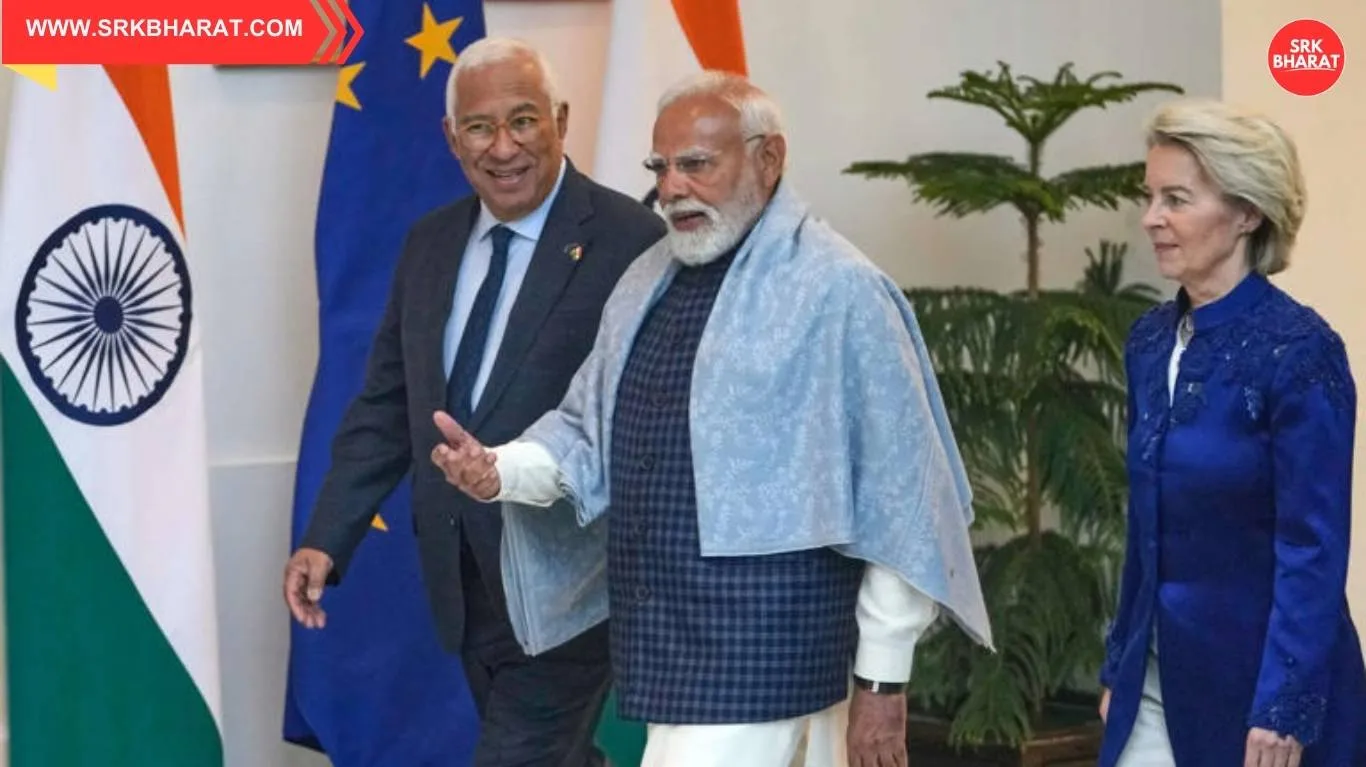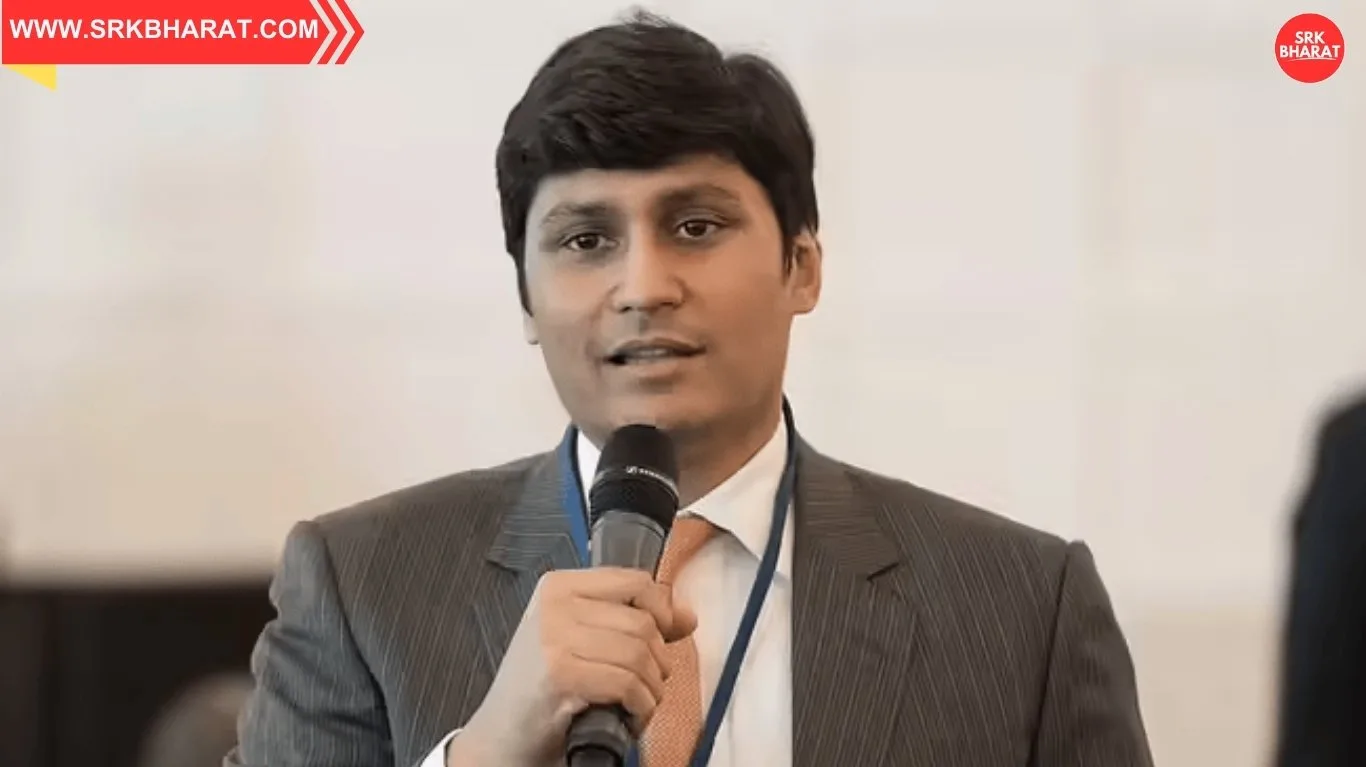India’s automotive sector has showcased robust momentum by clocking mergers and acquisitions (M&A) and investment deals worth $1.3 billion in the April-June quarter of 2025. The report, compiled by a leading consultancy firm tracking private equity (PE), venture capital (VC), and strategic deals, highlights the sector’s growing strategic importance as global supply chains diversify and domestic demand remains strong.
Short news headline in content
Indian automotive industry clocks $1.3 billion worth of deals in April-June quarter, says report.
Deal breakdown: Rising investor appetite
The report states that the automotive sector recorded 24 deals in Q1 FY26, with an average deal size of approximately $54 million. Notably, electric vehicle (EV) startups, component manufacturers, and sustainable mobility technology firms dominated deal flows.
Key insights include:
- EV segment leads: EV startups attracted over $650 million, nearly half of the total, indicating investor confidence in long-term electrification goals.
- Traditional auto component firms: These players continued to see consolidation with four major strategic acquisitions, collectively worth $420 million.
- Mobility tech platforms: Ride-sharing and last-mile connectivity startups garnered over $200 million in PE-VC funding.
Top deals in the quarter
| Company/Deal Target | Investor/Acquirer | Deal Size ($ million) | Segment |
|---|---|---|---|
| Ola Electric | Temasek, SoftBank | 300 | EV Manufacturing |
| Sona BLW Precision Forgings | Strategic Acquisition | 150 | Auto Components |
| Mahindra Electric Mobility | PE Consortium | 125 | EV Commercial Vehicles |
| Rapido | WestBridge, Nexus | 110 | Ride-sharing Platform |
| Greaves Electric Mobility | Strategic Stake Sale | 95 | EV 2W-3W Manufacturing |
Factors driving the surge
- Policy certainty and PLI schemes: The government’s Production Linked Incentive (PLI) scheme for Advanced Chemistry Cell (ACC) batteries, EVs, and auto components has enhanced investor confidence.
- Global supply chain realignment: Original Equipment Manufacturers (OEMs) are diversifying sourcing beyond China, with Indian Tier-1 and Tier-2 suppliers gaining orders and strategic funding.
- Rising domestic demand: India is now the third-largest passenger vehicle market, surpassing Japan, and this demand buoyancy is sustaining deal momentum despite global recessionary fears.
Expert view
An industry analyst said, “The automotive sector’s M&A activity reflects confidence in India’s localisation, EV transition, and global supplier competitiveness. However, execution risks in battery supply chains and commodity volatility remain areas to watch.”
EV market outlook
India’s EV market is expected to grow at a CAGR of 45% until 2030, reaching an annual sales volume of 17 million units. The FAME-II scheme and state EV policies are expected to catalyse further capex investments across:
- Cell manufacturing
- Battery recycling
- EV charging infrastructure
- Lightweight components for EVs
Strategic expansion by OEMs
Major Indian automotive OEMs including Tata Motors, Mahindra & Mahindra, and TVS Motor have outlined investment plans exceeding $10 billion over the next five years in EVs, hydrogen fuel cell tech, and battery manufacturing.
India’s automotive deal trend (last 5 quarters)
| Quarter | Number of deals | Total deal value ($ billion) | EV sector share (%) |
|---|---|---|---|
| Q1 FY25 | 18 | 0.8 | 43 |
| Q2 FY25 | 22 | 1.1 | 47 |
| Q3 FY25 | 17 | 0.95 | 39 |
| Q4 FY25 | 20 | 1.05 | 41 |
| Q1 FY26 | 24 | 1.3 | 50 |
Challenges and risks ahead
Despite optimism, the report cautions about:
- Raw material price volatility: Global lithium, cobalt, and nickel prices remain unpredictable.
- Technology risks: Rapid battery tech changes could make early investments obsolete.
- Infrastructure gaps: EV charging network development is slow compared to vehicle sales growth.
Future deal pipeline
The report suggests that the deal pipeline remains strong for the July-September quarter, with another $1 billion worth of deals in various negotiation stages, primarily in:
- Battery cell manufacturing joint ventures
- Hydrogen fuel cell pilot investments
- Auto component M&A by global suppliers
Industry leadership statements
A senior Tata Motors executive commented, “We are seeing a fundamental shift. India is not just an automotive consumption market anymore. It is becoming a global R&D and supply chain hub.”
Similarly, an EV startup founder noted, “Investor interest is no longer exploratory but strategic and long-term focused.”
Conclusion
The Indian automotive industry’s $1.3 billion deal milestone in the April-June quarter of 2025 signals its pivotal role in the country’s industrial growth story. While risks remain, strategic alignment between policy, investment, and technology positions the sector for sustained value creation in the coming decade.
Disclaimer
This news content is prepared for an English news portal based on sectoral reports, company statements, and market analyst commentary. It is intended for general informational purposes only and does not constitute any investment or business advice. Readers are advised to refer to official company filings and consultancy firm reports for verified details before making any business or financial decisions.











